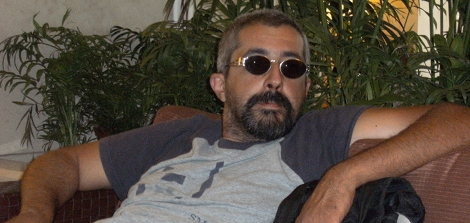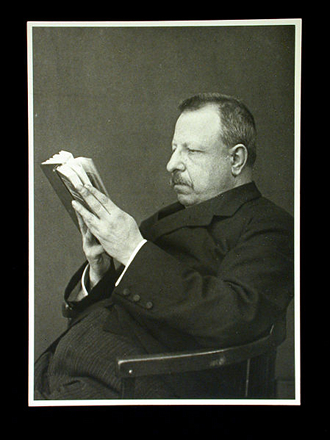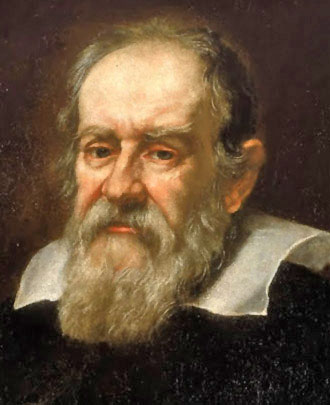THE IMPONDERABLEWhat is Art? Science? Nice problem. There's a whole part of Philosophy, Aesthetics, which takes care of Art, and another, Epistemology, which takes care of Science. Moreover there's our perception which can recognize what engenders a sensation and what doesn't.
As a good Engineer, I will refer to practical examples. Sorry Benedetto Croce – i beg you pardon...
http://en.wikipedia.org/wiki/Benedetto_Croce (even if your despise for positive sciences has always got me mad. You were wrong judging them alien from creativity. But you lived in difficult times, we know. But you were wrong, also this we know. Example 1: a book review. «Sure we must introduce young people to reading, but...it has to be real reading, not blabla without sense with iniquitous argumentations.» http://www.qlibri.it/narrativa-italiana/romanzi/scusa-ma-ti-chiamo-amore/#ser_reviews to the reader is left the discovery of the book title. I like most the part on the iniquitous argumentations. Amazing. (Note: I didn't read the book, so I don't have a personal opinion on the matter. Also, non-Italian readers will have a very hard time finding good translations of this teenager-love bestseller Italian book). Poetry or not? What's your opinion? However creativity must have been there. You imagine a storyline, you write it, you compare it with 'consumer' tastes. There' s all the process common to art and science, this one: a) Creative thought (artistic aspect) b) Production (artistic/technical aspect) c) Results check (technical aspect) but the quality of the art or invention is not totally resolved in this triplet of actions. Example 2: scientific discovery. «... And the principle is such that the natural mobile grows its velocity with such proportion as the distance from the start of its motion; falling the heavy object from the position a along the line abcd, I suppose the degree of velocity obtained in c to the degree of velocity possessed in b to be like the distance ca to the distance ba, and consequently in d the velocity possessed will be greater than the one had in c the same measure the distance da is greater than the distance ca ...» (Letter from Galileo Galilei to Paolo Sarpi, 1604, my rough translation of the superb Old Italian original).
http://en.wikipedia.org/wiki/Galileo_Galilei It's the enunciation of the law of weight falling. A beautiful and functional thing, as an interiors' architect would say (another useful and noble trade and all that stuff). The action triplet is the same, let's repeat once more: a) Creative thought (artistic aspect) b) Production (artistic/technical aspect) c) Results check (technical aspect) with result of an immense greatness. It's not usually considered Art, but Science. Not that this matters. It's great. Example 3: a movie. «A tale in which the good ones -everything but good guys- win humiliating the villains and depriving them of suffrage in the approval of the author; a tale in which a white woman instead of responding 'no thanks' to the marriage proposal of a black man chooses suicide, giving place to the 'justified' (!) lynching of the man.» http://www.cinemadelsilenzio.it/index.php?id=1385&mod=film (Review of the movie 'Birth of a Nation' by D.W.Griffith, site translation not available) Here we are faced by a masterpiece which can't be refuted artistically and whose contents are the most despicable one can imagine. Synopsis: niggers stink and KKK is right in killing them. (Yes I oversimplify a bit, but the juice is there). This is the reason for the title The Imponderable. There's an enormous variation between the quality and the balance of the creative and technical parts in the definition of Art and Science. This is a fact and can't be evaluated if not with the personal appreciation and with the measurement of the historical and social consequences of an invention. Artistic, scientific, doesn't matter. The true height of Picasso or the internal combustion engine has been appreciated only with historical perspective. I'm going to distill my thought, now: 1->Difference between Art, Science, Technology areonly in the proportions between the technical and creative elements. 2->Quality of an invention depends on balance and quality of its elements. 3->Balance and quality of elements are difficult to evaluate. So: Great Art, great Science and great Technology have an element of imponderable whose importance is capital, but... ...they have also an important normative element that we technical people call 'work like a dog'. Work a lot, learn from others, try to grow, never despise who works with hands, because Masons can do things Engineers can't. Moreover: Never profit too much from the imponderable element there is in your work, never feel too high because if your work consists only of imponderable, you have no work really... Simone Bianchi – http://www.simonebianchi.net/
|
   |








